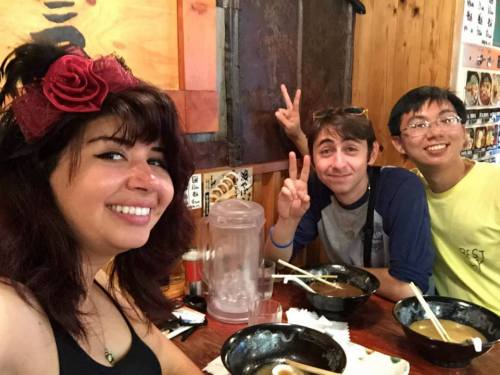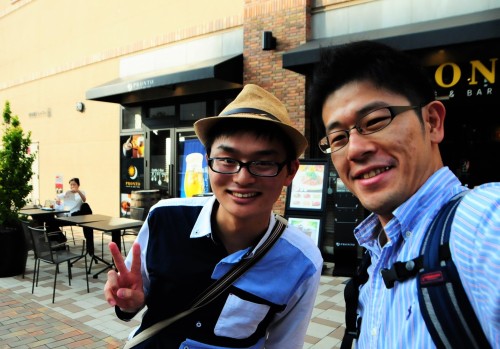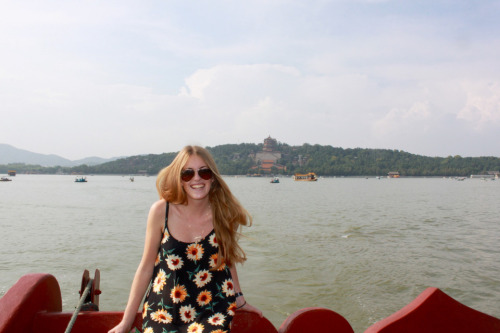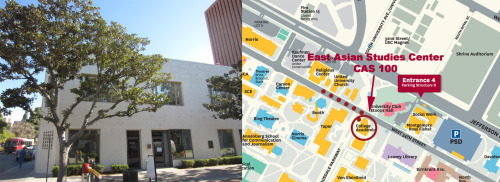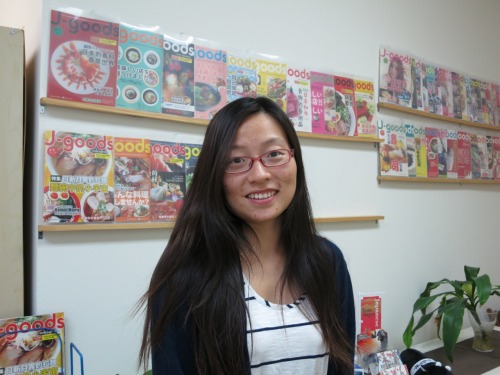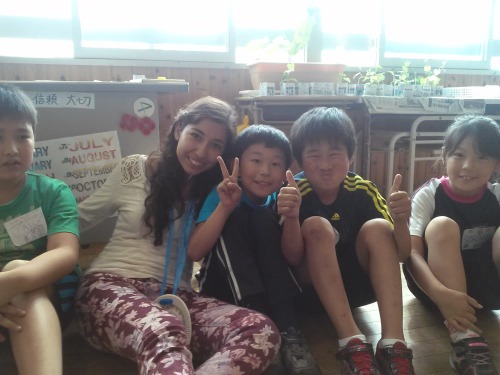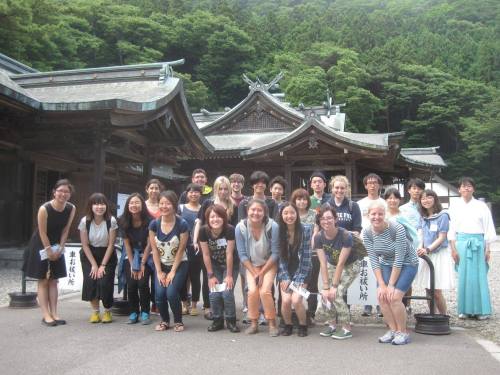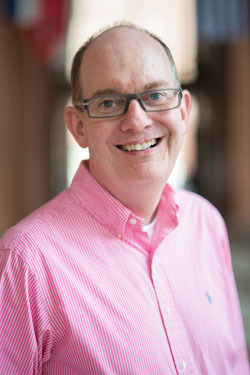Global East Asia 2015 Scholars Feature - Megan Lee
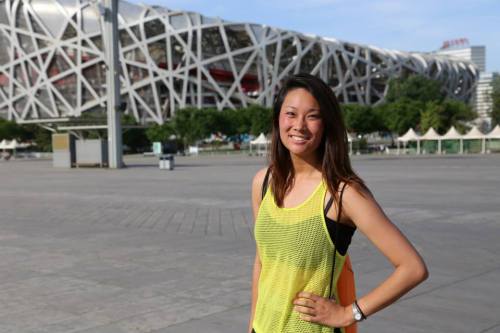
Growing up, senior Megan Lee was rather uninterested in Asia, the region of her roots. She was bullied as a child, and because her ethnicity was a minority in the community where she grew up, she did everything she could to push away her roots and blend in with Western culture, so that her peers would have one less reason to bully her. However, when she struggled to connect with Chinese international students that approached her when she was an Orientation Advisor two years ago, she decided that something needed to change and dove right into East Asian culture.
“I realized that ignorance of my roots was in no means bliss, and it was preventing me from forming meaningful relationships with others,” Lee said.
This past summer through the Global East Asia program, she had the opportunity to travel out of the country for the first time in her life and go to China, as part of the USC East Asian Studies Center’s Global East Asia China course taught by Prof. Brett Sheehan of History. While in China, Lee not only got to visit classic sites in Shanghai and Beijing like the Oriental Pearl Tower and the Bird’s Nest, but also Kaifeng.
“I appreciated that the sites we visited reflected the depth and breadth of Chinese culture and history – they were more significant than the average tourist attraction,” Lee said.
Since her return, she has worked as an Orientation Coordinator at USC and interned at the top law firm in Hong Kong. Academically, she completed her Neuroscience major in the fall and is now finishing her last class for her Business Law minor. In her free time, she learns how to play the harp. In terms of extracurricular activities, she leads advocacy projects as the Assistant Director of University Affairs in Undergraduate Student Government and volunteers for the homeless ministries at her home church. In addition, she teaches swimming classes at USC and interns at a law firm in Orange County. Ultimately, though, she wants to be a motivational speaker but would also be content pursuing a career in either clinical pharmacy or international human rights law.
And to students thinking about applying for Global East Asia, Lee says, “Strive to be a thermostat that changes the temperature of a room, rather than a thermometer that only observes it.”
Written by Jasmine Alia Zahedi, EASC Student Staff (major in Psychology)
